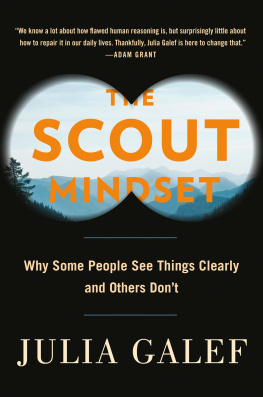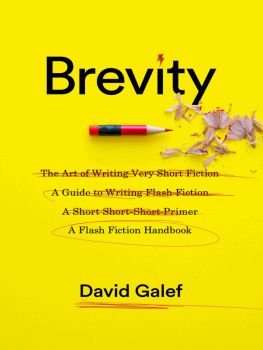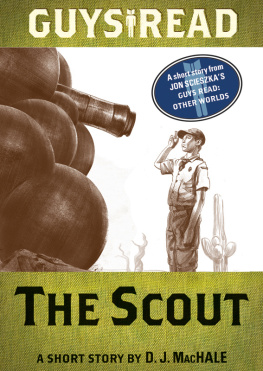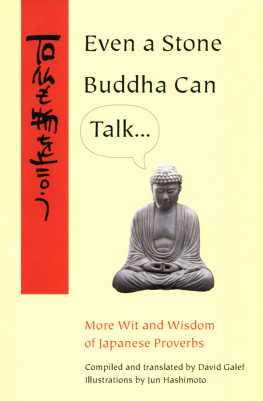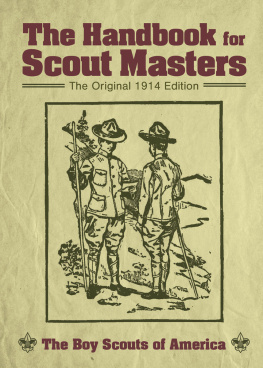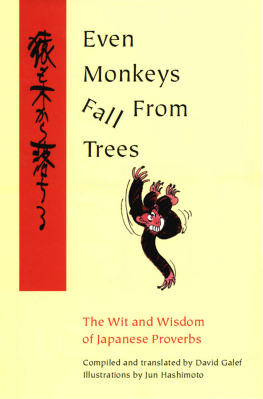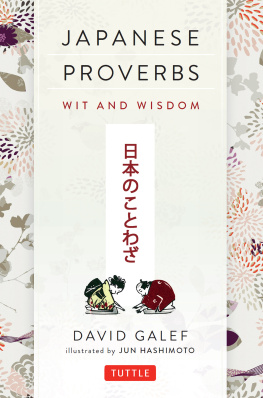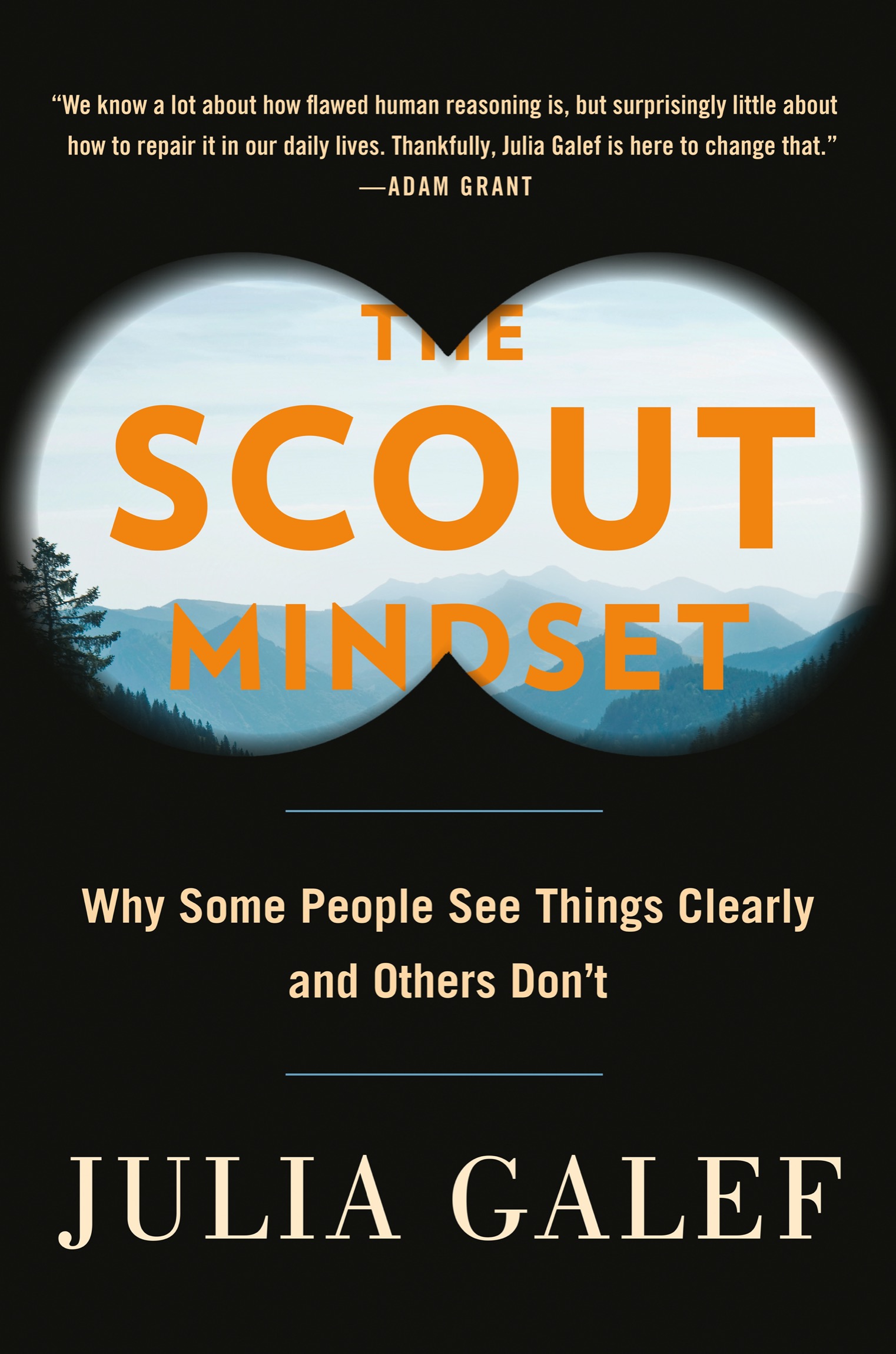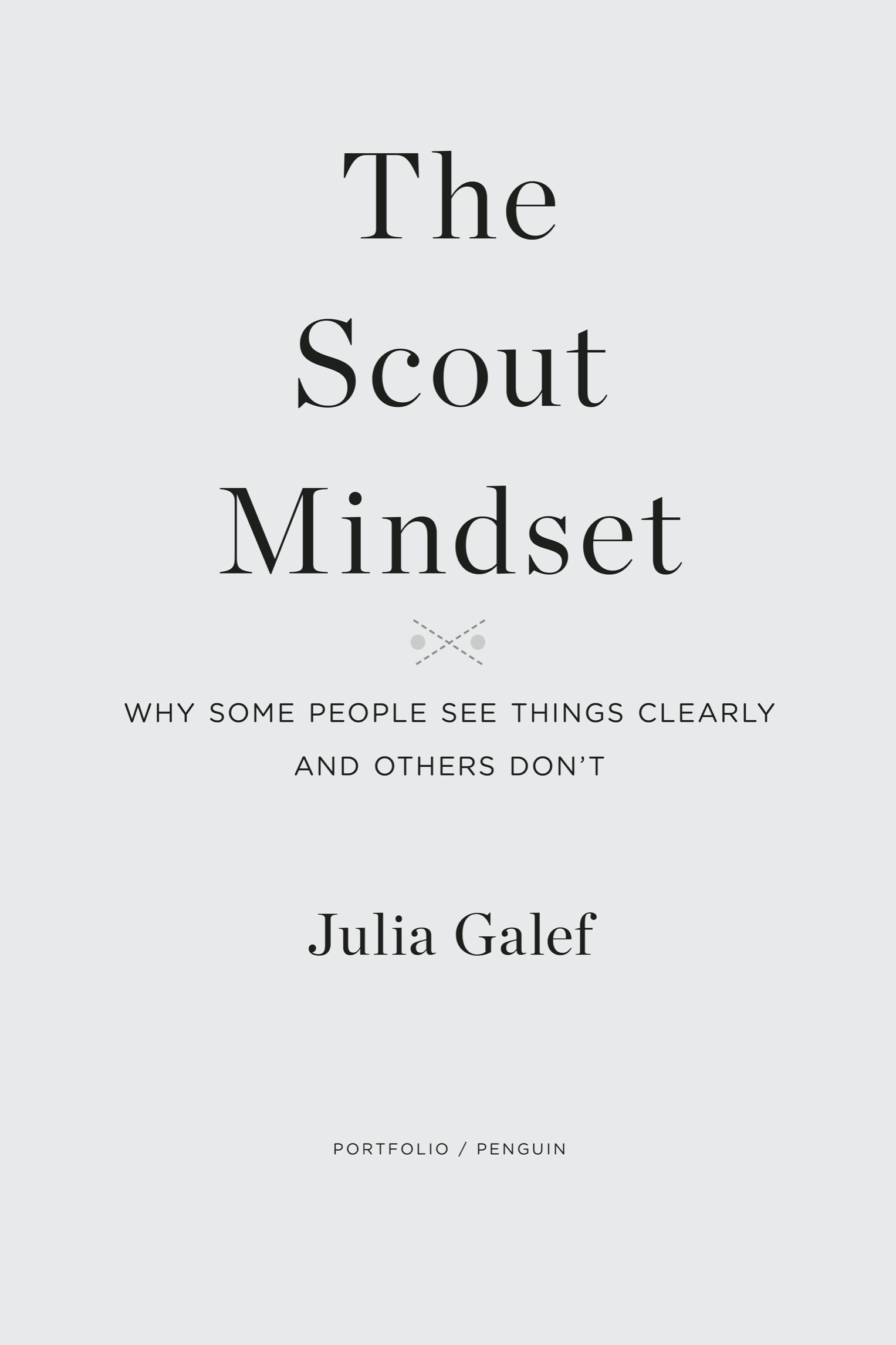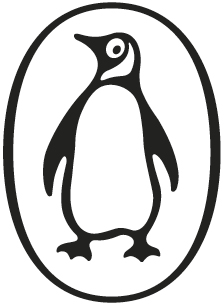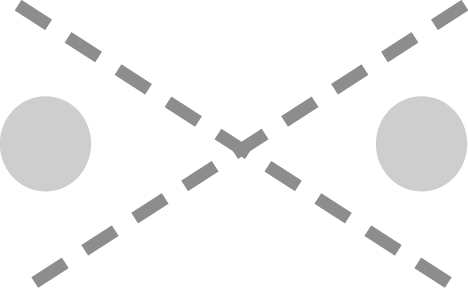INTRODUCTION
When you think of someone with excellent judgment, what traits come to mind? Maybe you think of things like intelligence, cleverness, courage, or patience. Those are all admirable virtues, but theres one trait that belongs at the top of the list that is so overlooked, it doesnt even have an official name.
So Ive given it one. I call it scout mindset:the motivation to see things as they are, not as you wish they were.
Scout mindset is what allows you to recognize when you are wrong, to seek out your blind spots, to test your assumptions and change course. Its what prompts you to honestly ask yourself questions like Was I at fault in that argument? or Is this risk worth it? or How would I react if someone from the other political party did the same thing? As the late physicist Richard Feynman once said, The first principle is that you must not fool yourselfand you are the easiest person to fool.
Our capacity to fool ourselves was a hot topic throughout the 2000s and 2010s. Popular media and bestselling books like How We Know What Isnt So, Predictably Irrational, Why People Believe Weird Things, Mistakes Were Made (But Not by Me), You Are Not So Smart, Denialism, Why Everyone (Else) Is a Hypocrite, and Thinking, Fast and Slow painted an unflattering picture of a human brain hardwired for self-deception: We rationalize away our flaws and mistakes. We indulge in wishful thinking. We cherry-pick evidence that confirms our prejudices and supports our political tribe.
That picture isnt wrong, but it is missing something.
Yes, we often rationalize away our mistakesbut we sometimes acknowledge them, too. We change our minds less often than we should but more often than we could. Were complex creatures who sometimes hide the truth from ourselves and sometimes confront it. This book is about the less explored side of that coin, the times we succeed in not fooling ourselves, and what we can learn from those successes.
My path to this book began in 2009, after I quit graduate school and threw myself into a passion project that became a new career: helping people reason out tough questions in their personal and professional lives. At first, I imagined that this would involve teaching people about things like probability, logic, and cognitive biases, and showing them how those subjects applied to everyday life. But after several years of running workshops, reading studies, doing consulting, and interviewing people, I finally came to accept that knowing how to reason wasnt the cure-all I thought it was.
Knowing that you should test your assumptions doesnt automatically improve your judgment, any more than knowing you should exercise automatically improves your health. Being able to rattle off a list of biases and fallacies doesnt help you unless youre willing to acknowledge those biases and fallacies in your own thinking. The biggest lesson I learned is something thats since been corroborated by researchers, as well see in this book: our judgment isnt limited by knowledge nearly as much as its limited by attitude.
None of which is to say that Im a perfect exemplar of scout mindset, by the way. I rationalize away mistakes; I avoid thinking about problems; I get defensive in response to criticism. More than once during my research for this book, I realized I had essentially wasted an interview because I spent it trying to convince my interviewee that my thesis was correct, instead of trying to understand their point of view. (The irony of my being closed-minded during an interview about open-mindedness is not lost on me.)
But Im better than I used to be, and you can be, toothats the aim of this book. My approach has three prongs.
1. REALIZE THAT TRUTH ISNT IN CONFLICT WITH YOUR OTHER GOALS
Many people actively resist viewing reality accurately because they believe that accuracy is a hindrance to their goalsthat if they want to be happy, successful, and influential, its better to view themselves and the world through a distorted lens.
Part of my goal in writing this book was to set the record straight. There are a lot of myths out there about self-deception, some of which have even been promoted by prestigious scientists. For example, maybe youve seen one of the many articles and books claiming that studies show that self-deception is part of mental health, and that seeing the world realistically only leads to depression. In chapter 7, well examine the questionable research behind those claims, and discover how psychologists fooled themselves about the benefits of positive thinking.
Or maybe you hold the common belief that when youre doing something hard, like starting a company, you need to be delusionally overconfident. You might be surprised to learn that some of the worlds most famous entrepreneurs expected their companies to fail. Jeff Bezos put Amazons probability of success at about 30 percent. Elon Musk estimated a 10 percent chance of success for each of his companies, Tesla and SpaceX. In chapter 8, well come to understand their reasoning and why its valuable to have a clear-eyed picture of the odds youre facing.
Or perhaps you share this widespread sentiment: Sure, being objective is a good thing if youre a scientist or a judge. But if youre an activist trying to change the world, you dont need objectivityyou need passion. In fact, as well see in chapter 14, scout mindset complements passion. Well travel back to the height of the AIDS crisis in the 1990s, and discover why scout mindset was so crucial to activists success in stopping the epidemic.

